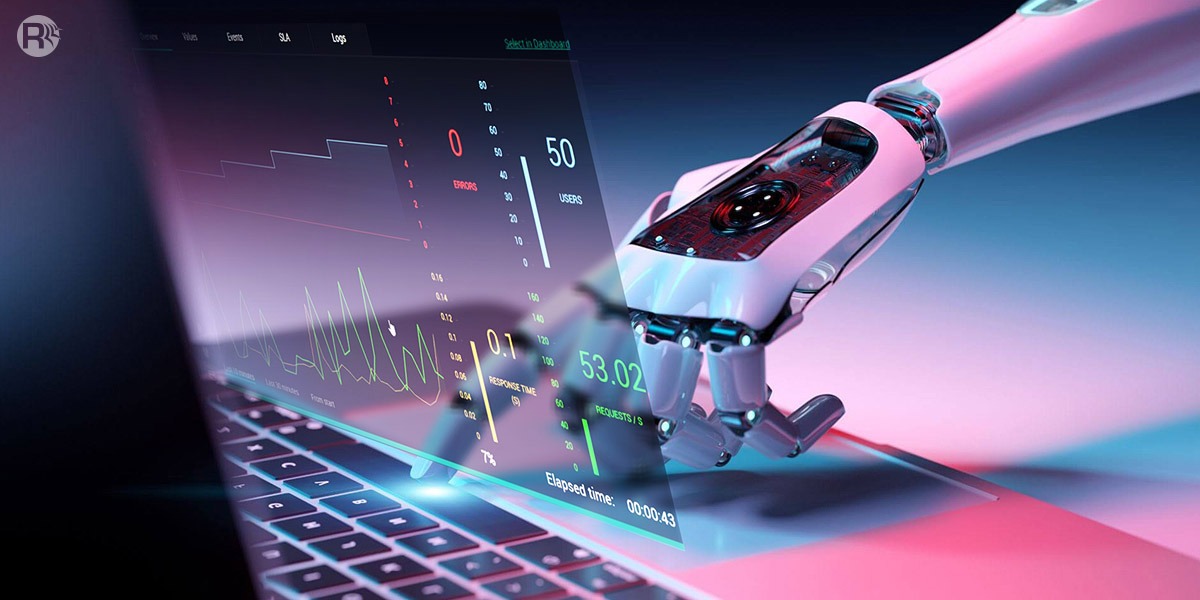In the ever-evolving landscape of software development, the integration of artificial intelligence (AI) has emerged as a game-changer. Over the past decade, AI has significantly impacted various aspects of software testing practices, revolutionizing how software is tested for quality and reliability. This article explores the profound influence of AI on software testing, highlighting the key advancements and benefits it brings to the table.
Understanding the Role of AI in Software Testing
Enhancing Test Automation
Traditionally, test automation has been a critical part of software testing. However, AI takes test automation to a whole new level. AI-powered test automation tools leverage machine learning algorithms to analyze and predict the areas of an application that are most likely to have defects. These tools can generate test cases, execute tests, and even autonomously identify and report defects. This not only accelerates the testing process but also improves its accuracy.
Intelligent Test Case Generation
AI algorithms have the capability to generate test cases intelligently based on various factors such as code complexity, usage patterns, and historical defect data. This enables testers to focus on critical areas of the application, ensuring that the most important functionalities are thoroughly tested. Additionally, AI can create dynamic test scenarios that adapt to changes in the codebase, reducing the need for constant manual test case maintenance.
Predictive Analytics for Testing
One of the significant contributions of AI to software testing is predictive analytics. AI algorithms can analyze historical data and predict potential defects, allowing testers to proactively address issues before they impact users. By identifying patterns and trends in defects, AI assists in resource allocation, ensuring that testing efforts are directed towards areas with the highest risk.
AI-Driven Test Execution and Evaluation
Intelligent Test Execution
AI-driven testing tools are capable of executing tests intelligently. They can adapt test scenarios based on real-time feedback, making testing more efficient and effective. These tools can also prioritize test cases based on risk, ensuring that critical functionality is thoroughly tested, even in time-constrained environments.
Continuous Monitoring and Feedback
AI-powered testing doesn’t stop after test execution. It includes continuous monitoring of applications in production environments. AI algorithms can detect anomalies, performance issues, and security vulnerabilities in real-time, providing immediate feedback to development teams. This proactive approach to testing helps in delivering high-quality software that meets user expectations.
The Benefits of AI in Software Testing
Increased Test Coverage
AI’s ability to generate test cases and prioritize them based on risk leads to increased test coverage. This ensures that all critical parts of an application are thoroughly tested, reducing the chances of undiscovered defects in production.
Faster Time-to-Market
With AI-driven test automation, software development teams can significantly reduce testing time. This acceleration in the testing process enables faster releases, allowing companies to stay competitive in the rapidly changing market.
Improved Accuracy
AI eliminates human errors in test case creation and execution. This results in more accurate testing outcomes, leading to a higher level of confidence in the software’s quality.
Cost Reduction
By automating repetitive testing tasks, AI reduces the need for manual intervention, ultimately cutting down on testing costs. Additionally, early defect detection prevents costly post-release bug fixes.
Challenges and Considerations
Skill Requirements
Implementing AI in software testing requires skilled professionals who are proficient in both testing and AI technologies. Organizations need to invest in training and development to bridge this skill gap.
Data Privacy and Security
AI relies on large datasets for training and analysis. Ensuring the privacy and security of this data is crucial to compliance with data protection regulations.
Ethical Concerns
AI can introduce biases into testing practices if not carefully managed. Organizations must be vigilant in ensuring that AI algorithms are fair and unbiased.
The Future of Software Testing with AI
The influence of AI on software testing is only expected to grow in the coming years. As AI technologies continue to advance, we can anticipate even more sophisticated tools and techniques for testing. Here are some trends to watch for:
AI-Driven Test Reporting
AI will play a more prominent role in test reporting, providing insights and recommendations for improving software quality. Test reports will become more interactive and data-driven.
AI-Powered Test Environment Management
AI will help optimize test environments, allocating resources efficiently and ensuring that testing environments mirror production settings more closely.
AI for Security Testing
The importance of security testing will continue to rise, and AI will be at the forefront of identifying vulnerabilities and threats in applications.
Conclusion
Artificial intelligence has undeniably transformed the landscape of software testing practices. From enhancing test automation to providing predictive analytics, AI offers numerous advantages in terms of speed, accuracy, and cost-effectiveness. However, it also presents challenges that organizations must address. As AI technologies evolve, software testing will continue to benefit from its capabilities, ensuring the delivery of high-quality software in an increasingly competitive market. Embracing AI in software testing is not just a trend; it is a strategic imperative for modern software development organizations.



